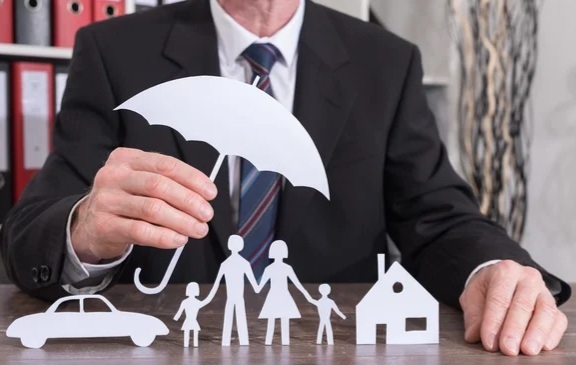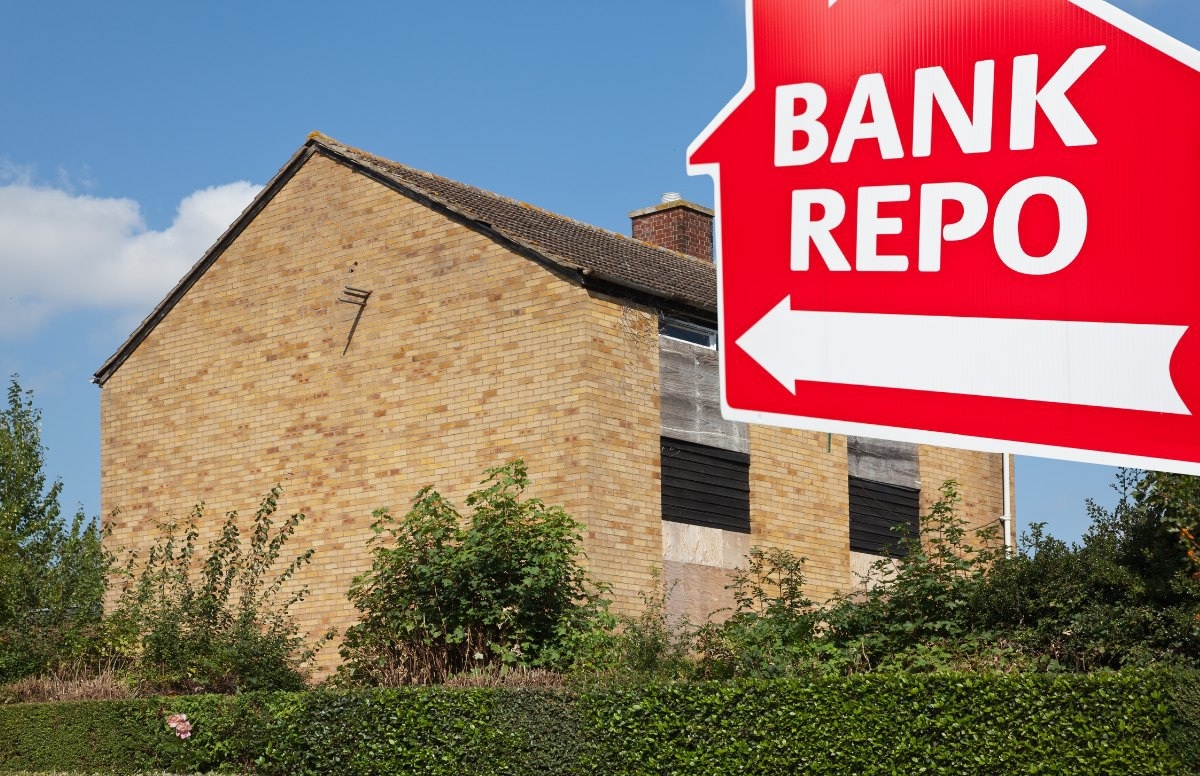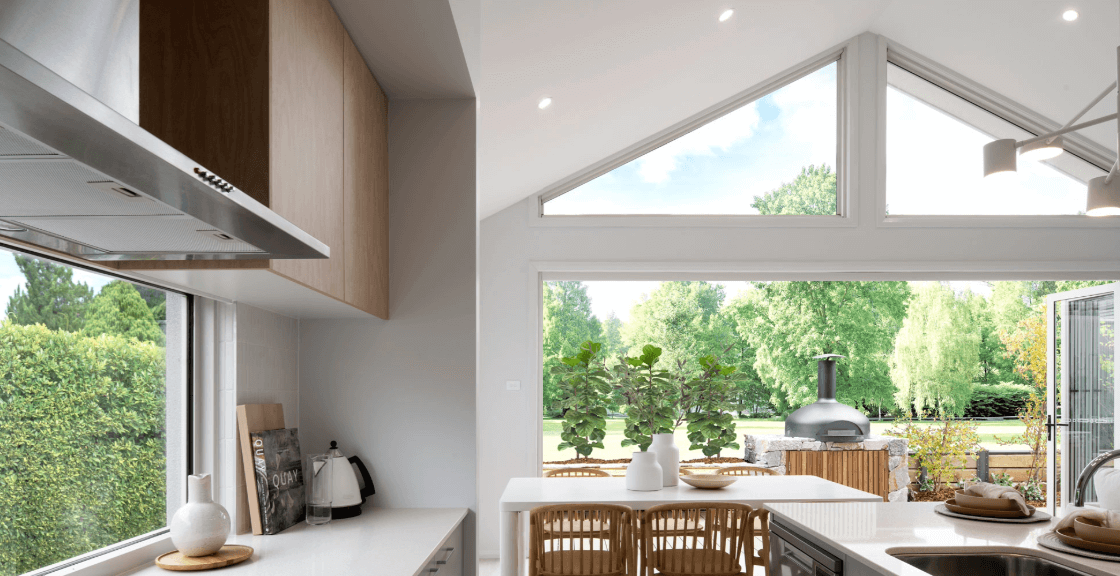1. Protecting Your Investment
A house is often the most significant financial investment many people make. Home insurance ensures that you are financially protected against risks such as fire, natural disasters, theft, or vandalism, which could otherwise lead to substantial losses.
2. Mortgage Requirements
Most mortgage lenders require homeowners to have insurance as a condition of the loan. This protects their financial interest in the property since the house serves as collateral for the loan.
3. Liability Coverage
Home insurance typically includes liability protection. If someone is injured on your property or you accidentally cause damage to another person’s property, liability coverage helps cover legal costs and compensation.
4. Coverage for Personal Belongings
Home insurance doesn’t just protect the structure of the house; it also covers personal belongings like furniture, electronics, and appliances against risks such as theft or damage.
5. Peace of Mind
Knowing you have insurance allows you to enjoy your home without constantly worrying about unforeseen events that could lead to financial ruin.
6. Protection Against Natural Disasters
Depending on your location, additional coverage for natural disasters (e.g., earthquakes, floods) might be necessary. This ensures you're prepared for region-specific risks.
7. Building Code Upgrades
If your home is damaged, insurance can help cover costs to rebuild it to current building codes, which may be stricter than when the house was originally constructed.
8. Temporary Living Expenses
If your home becomes uninhabitable due to damage, insurance can cover temporary living costs, such as hotel stays or rental accommodation.
In summary, insurance provides financial security, meets legal and lender requirements, and ensures you can recover from unforeseen events without devastating financial consequences.




















